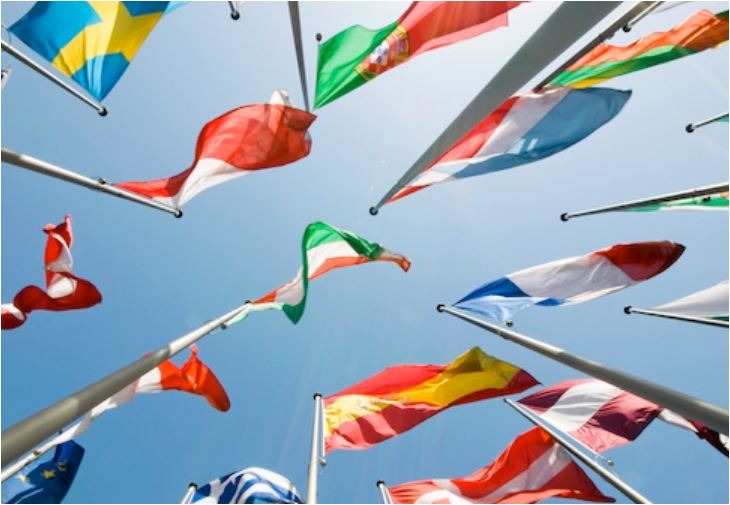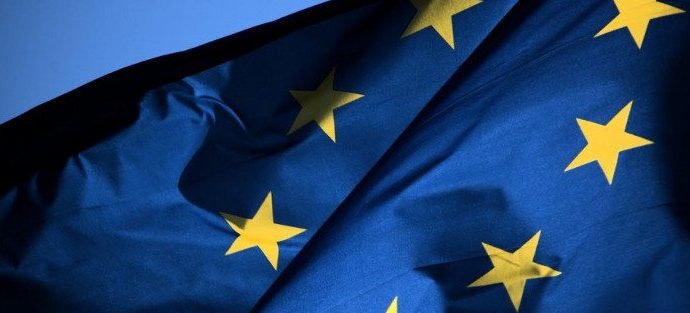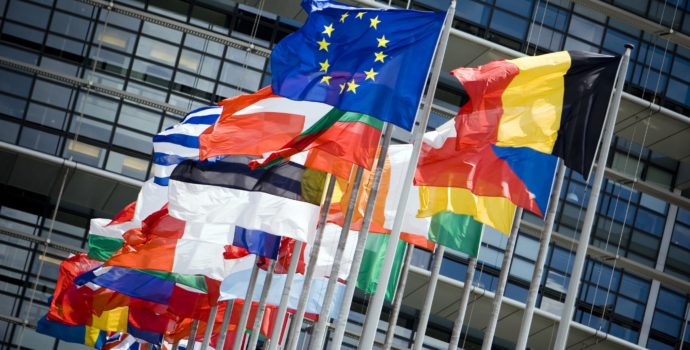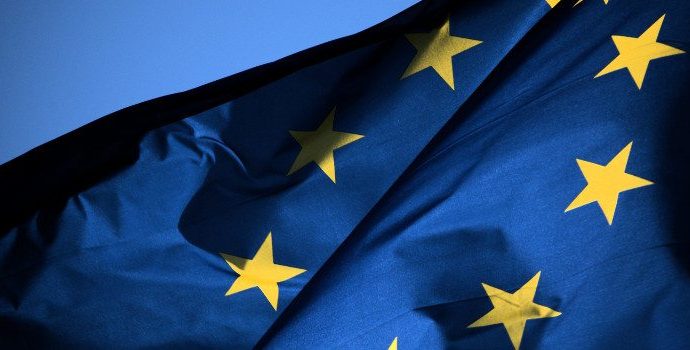European Commission Daily News 25th January

Panel of experts confirms the Republic of Korea is in breach of labour commitments under our trade agreement
The panel report published today confirms the EU’s concerns that the Republic of Korea has not acted consistently with its trade and sustainable development obligations under the EU-Republic of Korea trade agreement. The independent panel concluded that the Republic of Korea needs to adjust its labour laws and practices and to continue swiftly the process of ratifying four fundamental International Labour Organization (ILO) Conventions in order to comply with the agreement. Executive Vice-President and Commissioner for Trade, Valdis Dombrovskis, said: “This panel ruling shows the effectiveness of our cooperation-based approach to trade and sustainable development. We have closely engaged with our Korean partners for some years, and the panel of experts process led to concrete actions by Korea. We will be working closely with Korea to ensure it effectively implements commitments on workers’ rights.” A press release is available online.
Chemicals: The EU protects wildlife from negative effects of lead in the environment
Today, the Commission took firm steps to ensure that wildlife is protected from the negative effects of lead in the environment, by restricting its use in gunshot in or around wetlands. Adopted under the framework of the EU’s chemicals regulation, the measure will help to protect the environment by significantly reducing lead pollution while preventing the avoidable death by lead poisoning of around 1 million waterbirds every year. Lead is a highly toxic substance, which released to the environment contaminates both the soil and water. Every year, 4,000 to 5,000 tonnes of lead are released into wetlands from lead gunshot. There are affordable alternatives, for example steel gunshots, which currently cost about the same as lead gunshots. The measure adopted today will harmonise and enhance the effectiveness of national legislation limiting the use of lead gunshot in wetlands already in place in 24 Member States. It will start applying in two years’ time. The restriction supports the goals of the Chemical Strategy for Sustainability and the Green Deal. It also supports the objectives of the Birds Directive, and is a first concrete deliverable under the new EU 2030 Biodiversity Strategy. More info here.
Publication of latest agri-food trade figures: EU agri-food trade sustains growth between January and October 2020
The latest monthly report on agri-food trade published today shows a sustained growth over January-October 2020. EU exports reached €151.8 billion, an increase of 0.5% compared to the same period last year, while imports totalled €102 billion, an increase of 0.1%. As a result, the agri-food trade surplus rose by 1.3%, to €49.8 billion. The strong performance of EU agri-food exports to China continued, with a growth of €3.09 billion led by pig meat, wheat, and infant food. There was also a rise in the value of EU agri-food exports to Saudi, boosted by sales of barley and dairy products. A wide range of products propelled an increase in the value of EU agri-food exports to Switzerland, while wheat and various dairy products performed strongly in Algeria and Morocco, where the agri-food export values rose by €408 million and €393 million respectively. As for trade with the UK, EU imports from the UK dropped in value by €1.56 billion, while EU exports to the UK declined by €546 million. The decline in trade affected the majority of agri-food products, most notably wine, spirits and liqueurs, poultry meat, live animals and butter. Regarding the USA, a reduction in the EU’s intake of US soya beans and oilcakes contributed to an overall drop of €663 million in the value of imports, while the value of EU exports fell by €705 million, with spirits and wine the main products affected. There was, however, an increase in the export value of EU food preparations. Other countries where agri-food trade endured difficulties were Singapore, Hong Kong, Ukraine and India. With a rise of €713 million, Canada was the leading source of growth for agri-food imports to the EU, driven by intakes of rapeseed and wheat. In terms of product categories, remarkable growths were recorded in the export values of EU pig meat and wheat. Pet food, rapeseed and sunflower oil and coarse grains were amongst the other growing product categories during this period. The full report is available online and further information on the agri-food policy can be found here.
European Commission launches Green Consumption Pledge
Today, Didier Reynders, Commissioner for Justice and Consumers, will present the first Green Consumption Pledges with representatives of different European companies. The Green Consumption Pledge is the first initiative delivered under the New Consumer Agenda. This pilot project is part of the European Climate Pact which is an EU-wide initiative inviting people, communities and organisations to participate in climate action and build a greener Europe. With their signatures, these companies promise to accelerate their contribution to a green transition. The press conference with Commissioner Reynders and industry representatives will take place today at 14:30. Follow live on EbS. More information can be found here. A press release on the Green Consumption Pledge will be available here.
Read the European Commission Daily News in full here.




